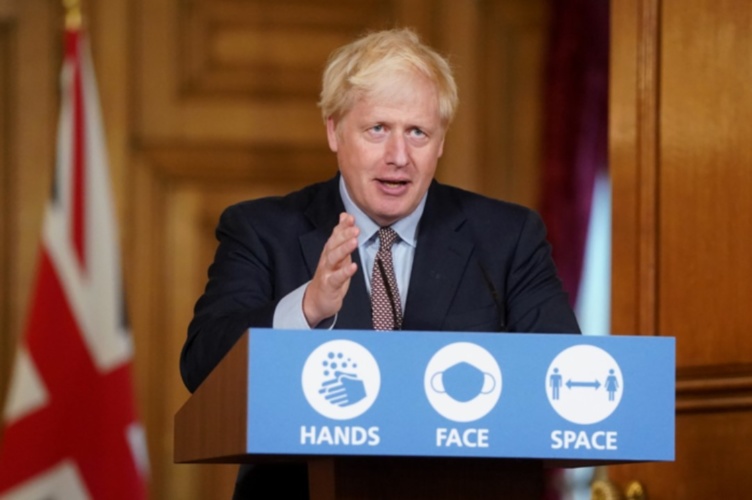
The announcement, made today (Friday 4 November) comes ahead of the UN COP26 climate talks, to be hosted by the UK government in Glasgow next year; and the Climate Ambition Summit on 12 December, co-hosted by the UK and coinciding with the fifth anniversary of the Paris Climate Agreement.
PM Johnson said the UK will be 'taking the lead’ with the ambitious new target to reduce emissions faster than any other economy, but stressed that the effort must be a global one, urging world leaders to bring forward their own plans to cut emissions and set net zero targets at the summit next week.
Britain’s Nationally Determined Contribution (NDC) to the Paris Agreement sets out the level of action the UK will take in order to achieve the goal, set at COP21 in 2015, of holding the global temperature rise to well below two degrees with best efforts to limit the increase to 1.5°C.
PM maps out Britain's Green Industrial Revolution
Covid giving industry 'net zero' opportunity, says report
Business and Energy secretary and COP26 president Alok Sharma described tackling climate change as ‘one of the most urgent shared endeavours of our lifetimes, demanding bold action from every nation to prevent catastrophic global warming’. He added: “The UK’s emissions target is among the highest in the world and reflects the urgency and scale of the challenge our planet faces. I hope other countries join us and raise the bar at next week’s UN Climate Ambition Summit, and ahead of the COP26 climate conference in Glasgow next year.”
Earlier this month, the PM announced the UK’s ten point plan for a ‘Green Industrial Revolution’, which promises to create and support ‘up to 250,000’ British jobs by 2030, in support of our net zero targets.
Alistair Davies, chief executive at SSE, commented: “This target provides a clear, long-term signal for businesses like SSE to get on and deliver. With a £7.5bn low-carbon investment programme, including building the world’s largest offshore wind farm at Dogger Bank, we’re playing our part and want to do more to demonstrate the UK’s international leadership as we build towards COP26 next year – from pioneering carbon capture and storage technology to building the network infrastructure needed to accommodate the coming surge in renewables, electric vehicles and heat pumps.”
Mark Maslin, professor of Climatology at University College London (UCL), said that 2021 will be a ‘turning point’ for the planet, and emphasised that while these new plans are ‘ambitious and world-leading’, we must hold the government to their rhetoric.
“We need 100 per cent renewable electricity, we need all vehicles to be electric, we need to switch away from gas central heating, we need sustainable agriculture, we need to reforest and rewild the UK and we need a global transparent system of carbon offsets to help companies get to net zero as soon as possible,” he commented.





Swiss geoengineering start-up targets methane removal
No mention whatsoever about the effect of increased methane levels/iron chloride in the ocean on the pH and chemical properties of the ocean - are we...